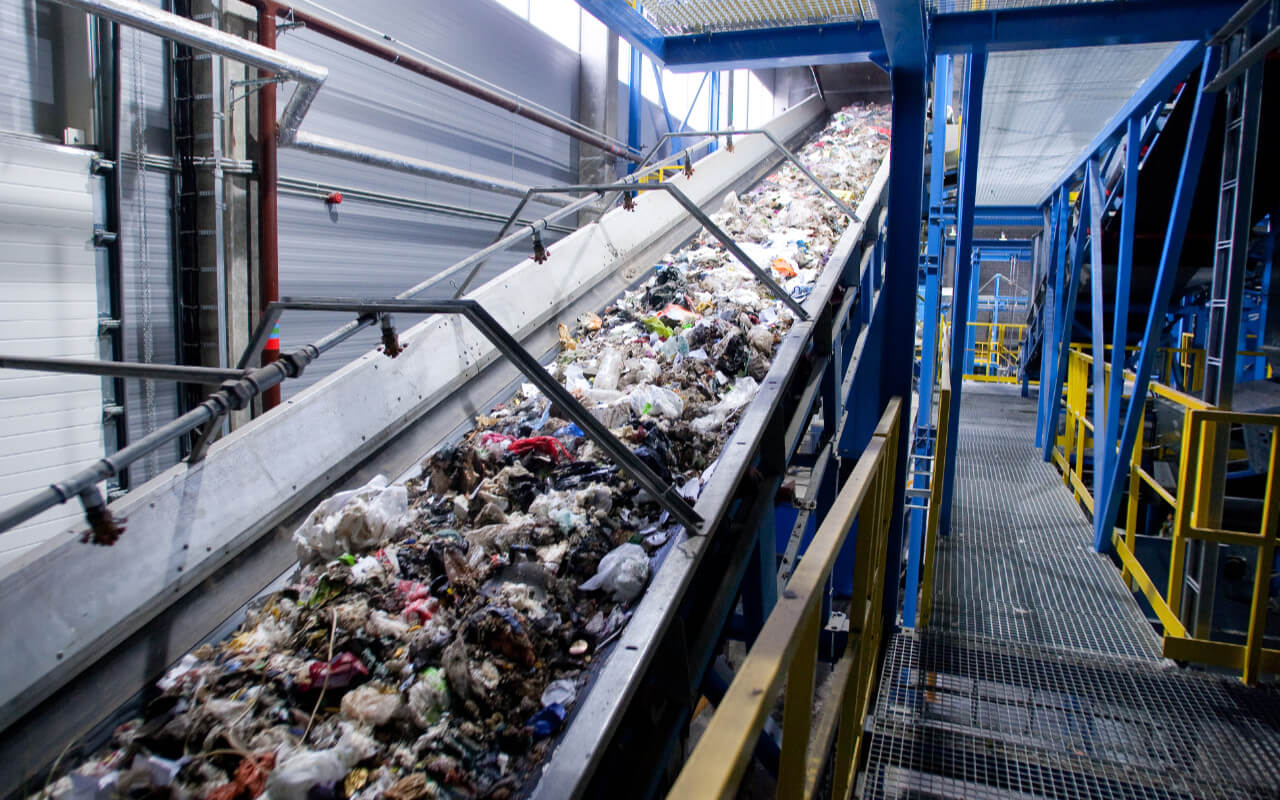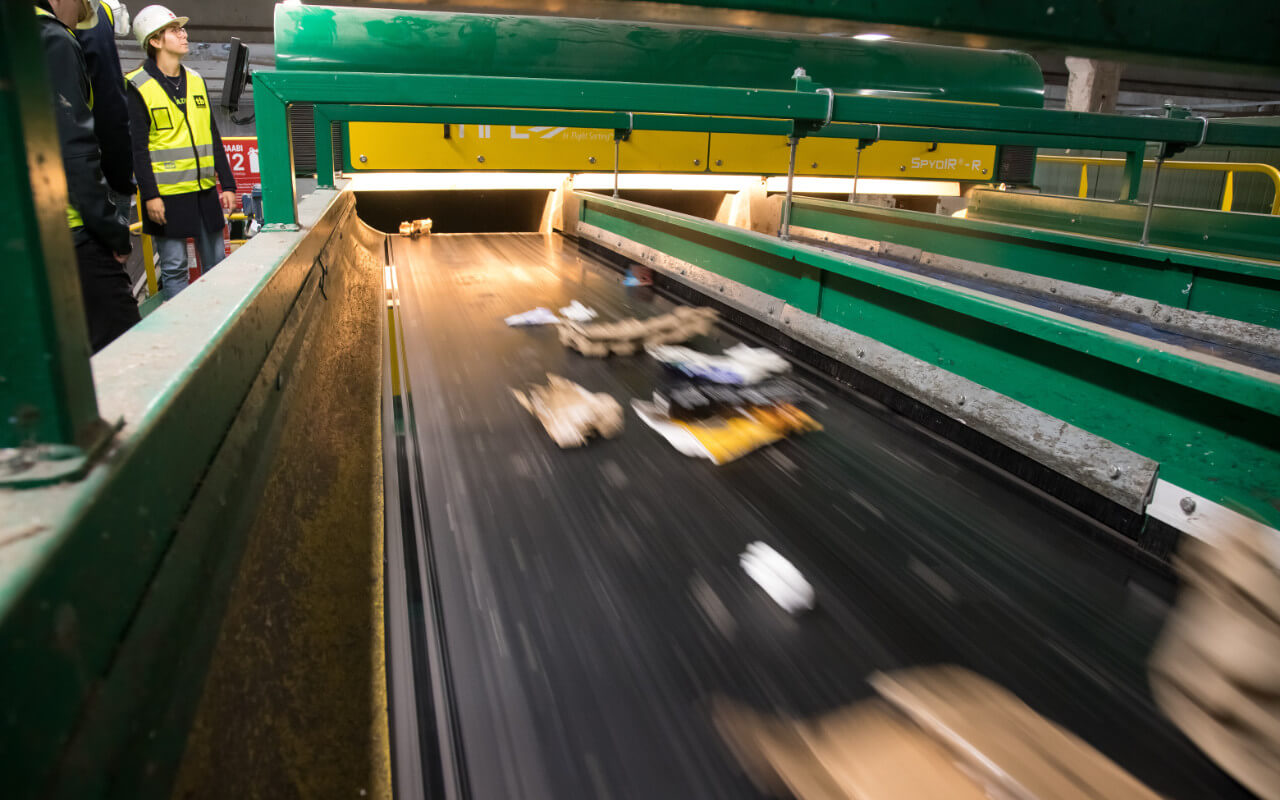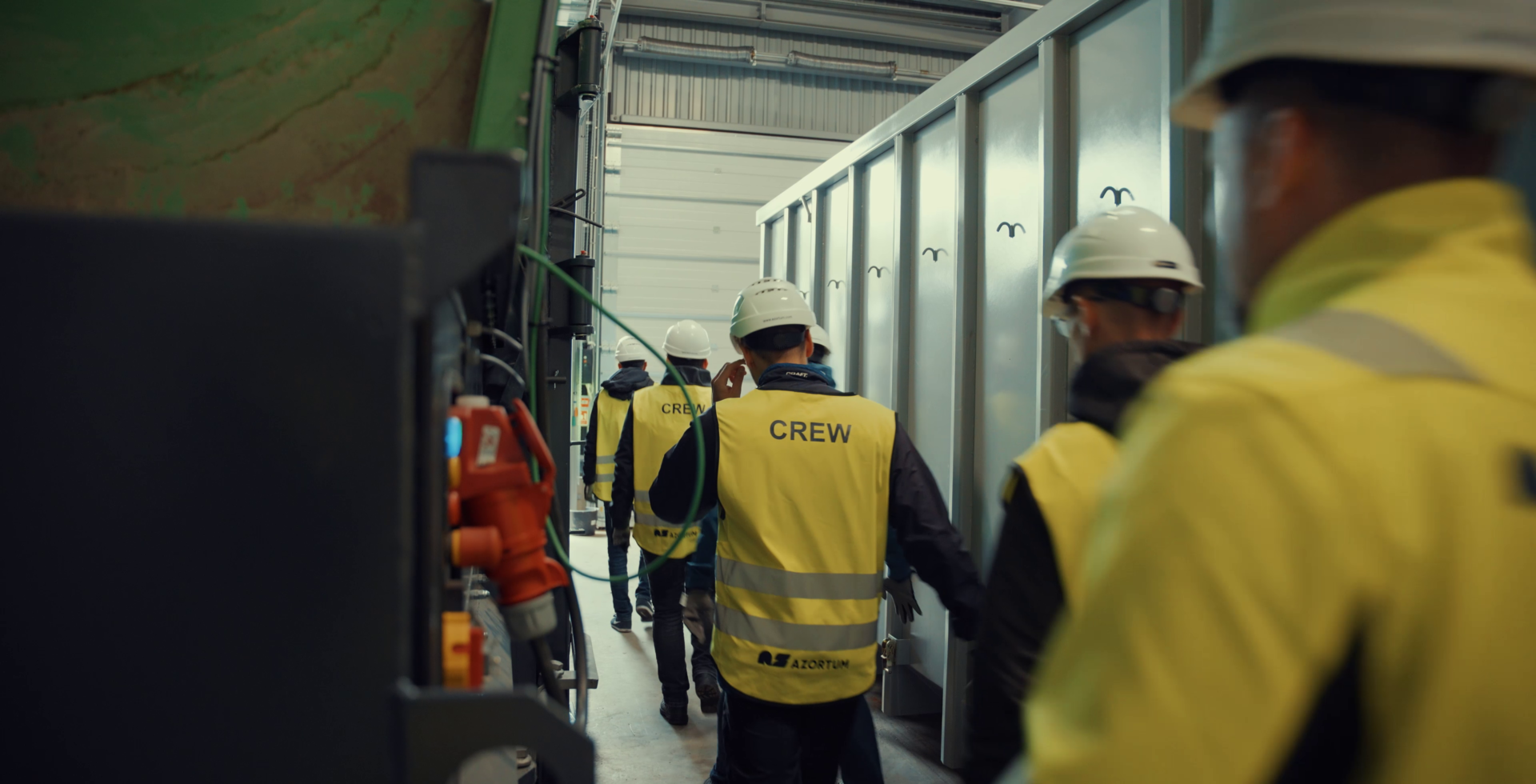Enhancing Plastic Waste Sorting Efficiency to Boost Recycling in Estonia

Plastic waste management remains a critical challenge in modern waste treatment systems. While efforts to sort plastic waste in households have increased, the effectiveness of recycling remains lagging, with much of the collected material being incinerated rather than repurposed.
This highlights the need for a more efficient sorting process to increase recycling rates and support local manufacturers in obtaining high-quality, pure plastic materials for production.
Current challenges in Plastic Waste sorting and recycling in Estonia
According to a recent article from Estonia's national news agency ERR, household plastic packaging waste diligently sorted by citizens often fails to enter the recycling stream. Instead, a significant portion is incinerated due to contamination, poor sorting quality, and market constraints on recycled plastics. Additionally, Estonia is still falling short of meeting the European Union's recycling quotas for waste treatment, signalling the need for immediate improvements in waste management practices.
Key factors contributing to the low recycling rate include:
Opportunities for more efficient Plastic Sorting
To overcome these challenges, investing in advanced sorting technologies and optimized waste collection is essential. This includes:
1. AI-driven and robot sorting systems
Modern waste treatment plants are increasingly adopting AI-based optical sorting systems that can identify different types of plastics with high precision.
Near-infrared (NIR) technology and hyperspectral imaging enable the better separation of PET, HDPE, PP, and other plastic fractions, resulting in a cleaner recycling stream.

2. Improved collection and sorting infrastructure
- Expanding deposit return systems (DRS) for plastic packaging can significantly improve the quality of collected materials.
- Investing in dedicated plastic sorting lines that separate materials at a granular level can reduce contamination and increase the purity of the output.
- Encouraging household education programs to minimize the improper disposal of plastics.
3. Strengthening the market for Recycled Plastics
- Governments and industry leaders should incentivize the use of recycled plastic by implementing policies that mandate a percentage of post-consumer plastic in new products.
- Certifying and standardizing recycled plastics ensures that local manufacturers receive high-quality secondary raw materials, thereby reducing their reliance on virgin plastics.
- Encouraging public-private partnerships can help scale up investments in cutting-edge plastic sorting and reprocessing facilities.

Supporting local manufacturers with high-purity Recycled Plastic
A more efficient plastic sorting and recycling system directly benefits local manufacturers, particularly in packaging, construction, and textiles, by:
- Providing consistent-quality secondary raw materials, reducing dependence on expensive imports.
- Enhancing sustainability credentials, companies that use recycled plastics can better align with circular economy principles.
- Boosting competitiveness, as more countries implement stricter environmental regulations that favor sustainable materials.
Final thoughts
In addition to being an environmental necessity, improving plastic waste sorting efficiency also presents an economic opportunity for waste treatment companies and local manufacturers. By implementing state-of-the-art sorting technologies, improving waste collection systems, and fostering a market for high-quality recycled plastics, we can significantly increase recycling rates, reduce reliance on virgin plastic, and move closer to achieving an actual circular economy.
For industrial waste management partners like Azortum, focusing on customized waste sorting solutions can help municipalities and manufacturers bridge the gap between collection and effective recycling. By investing in innovative waste handling solutions, the waste treatment sector can play a leading role in shaping a more sustainable future and help Estonia meet the European Union's recycling targets.
Cited sources:
- Household-sorted plastic packaging still ends up mostly in the incinerator (2025)
ERR, Johannes Voltri - Estonia still processes less waste than required (2024)
ERR, Maria-Ann Rohemäe
Expert Design & Installation for Your Waste Sorting System!
At Azortum, we specialize in crafting tailored solutions designed for sustainable operation and maximum profitability for your business. Contact us today to share the details of your next project—we’re eager to collaborate!
We have received your information and will be in touch with you shortly. Thanks!
